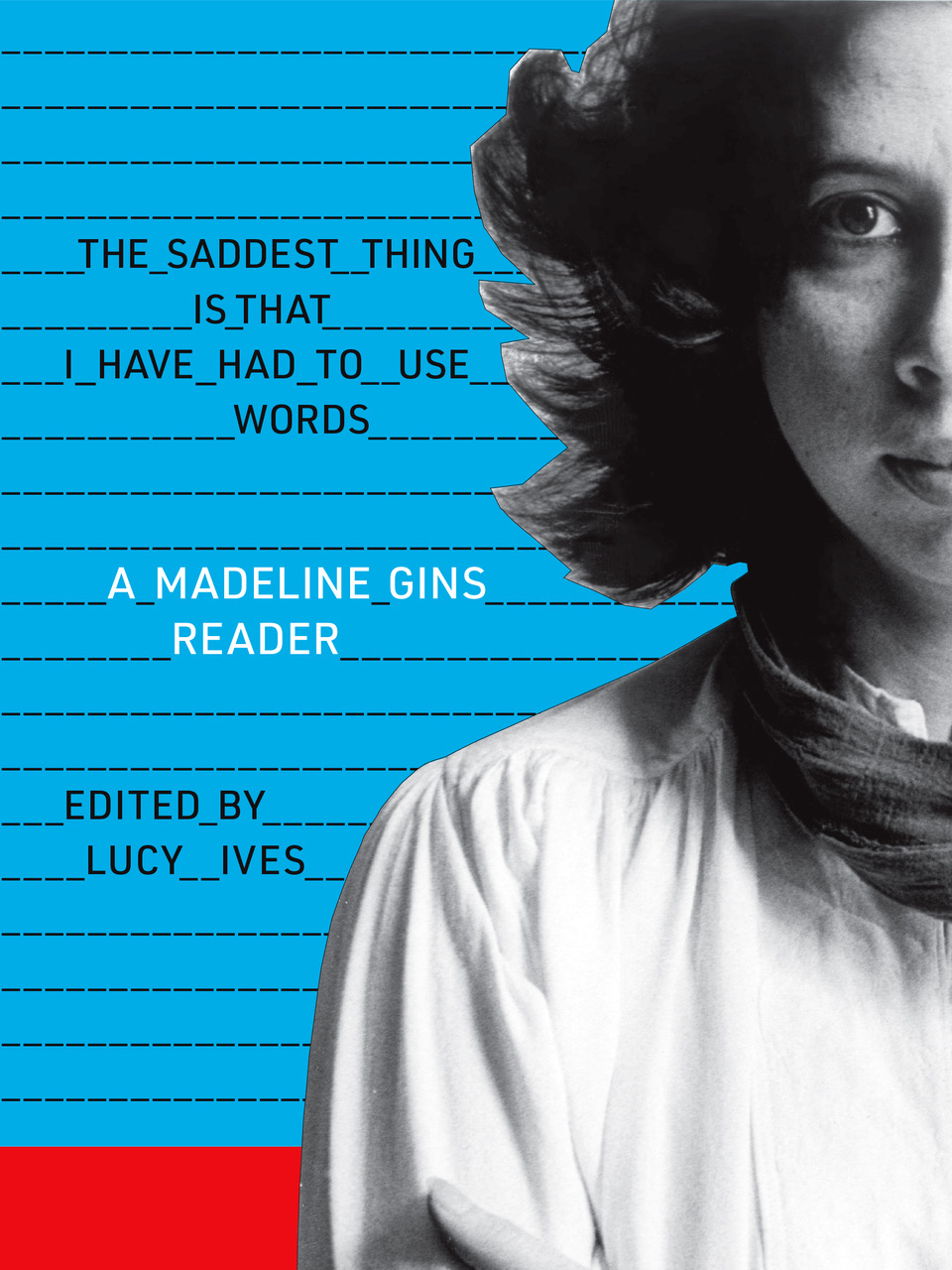
Lucy Ives|Books
April 21, 2020
Word Rain
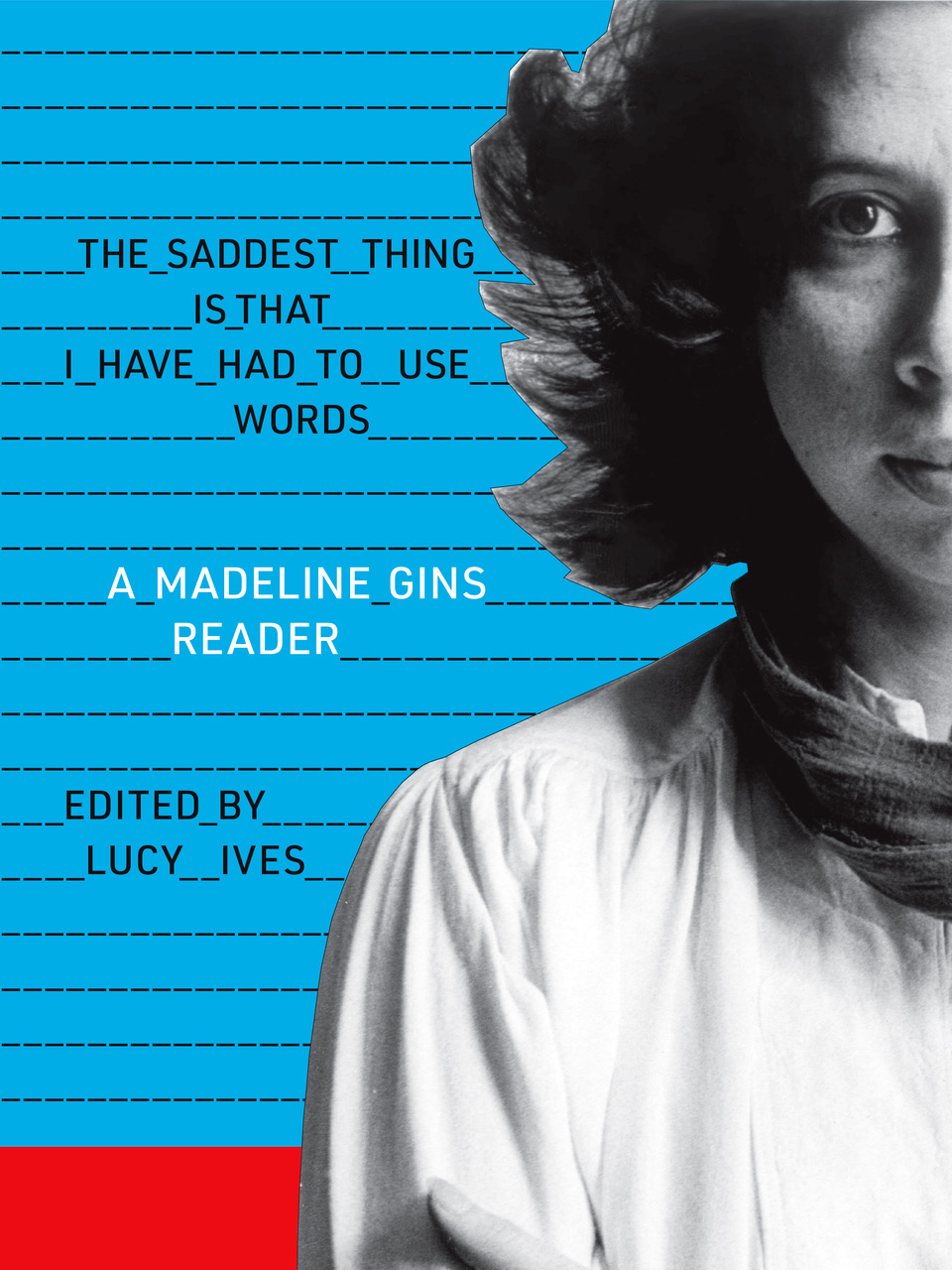
In fall of 1969, a strange and brilliant book came into the world. Madeline Gins’s WORD RAIN (or A Discursive Introduction to the Intimate Philosophical Investigations of G,R,E,T,A, G,A,R,B,O, It Says) was published by Grossman Publishers in a graceful hardcover edition. This experimental novel or artist’s book (it is difficult to say which term would be the more accurate) comes with an unusual dust jacket—depicting an image of the book itself. What lies inside is equally surprising, self-referential, and fun: a narrative that describes a character who is reading a manuscript while a party goes on next door, with emphasis on the beauty and complexity of the reading process. Also in the mix are multifarious experiments with the layout of the novel’s text, as well as typographic puns and performances within the writing. A photograph of a hirsute thumb occasionally appears, as if to remind us that the object we hold in our hands has been read before. Are we not ourselves a lot like that unnamed character who sits at a desk in a friend’s noisy apartment paging through a cascade of words? And what is the difference between the weather outside and the cacophony of voices and letters on the page?
Richard Grossman, who founded Grossman Publishers, published Ralph Nader’s best-selling Unsafe at Any Speed: The Designed-in Dangers of the American Automobile in 1965 and clearly favored an eclectic, progressive roster. Among Grossman’s authors were poets Louis Zukofsky, J.H. Prynne, Paul Blackburn, Allen Ginsburg, and Charles Olson; the anthropologist, poet, and critic Michel Leiris; photographers Robert Capa, Edward Weston, André Kertész, and Robert Frank, whose The Americans Grossman Publishers reprinted in a revised and expanded version in collaboration with Aperture in 1969.
Gins’s exceptional writing and clever concept (a novel about the sensation of reading!) truly shine in Grossman’s design and binding, and it seems important to acknowledge the collaborative nature of the book, which also includes schematic illustrations on the endpapers by Gins’s husband, the painter Arakawa. Gins, who was a lifelong New Yorker and who went on to publish several more volumes of experimental writing, later founded an architecture firm with Arakawa called Reversible Destiny. Through this endeavor, Gins and Arakawa intended, as they claimed, to prevent human death, realizing a number of built structures in the U.S. and Japan. On the imaginative pages of WORD RAIN, we see the early stirrings of Gins’s interest in relationships between and among space, language, and the human sensorium. WORD RAIN, which was out of print and largely unavailable for many years, is finally back in print this month, April 2020, with the publication of The Saddest Thing Is That I Have Had to Use Words: A Madeline Gins Reader, from Siglio Press.
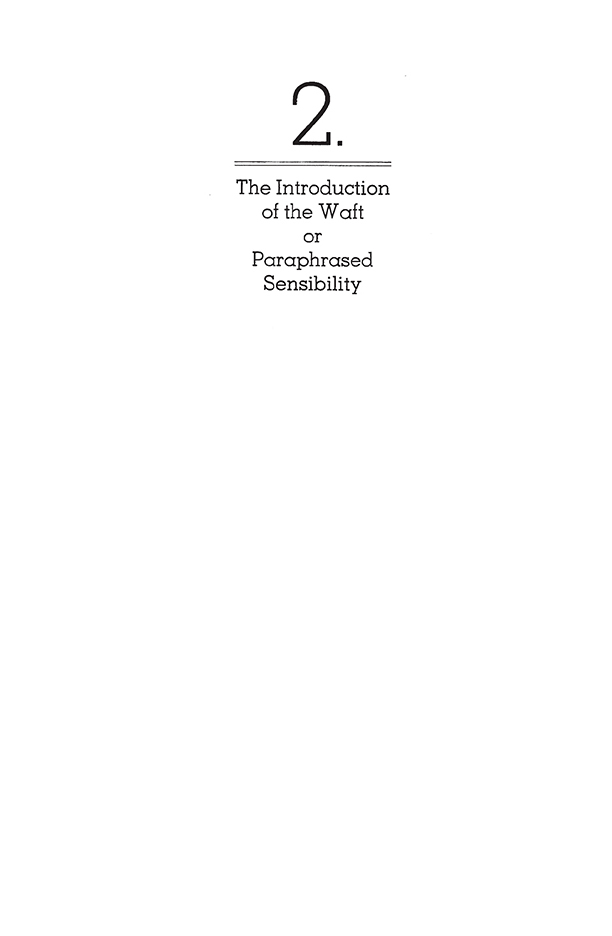

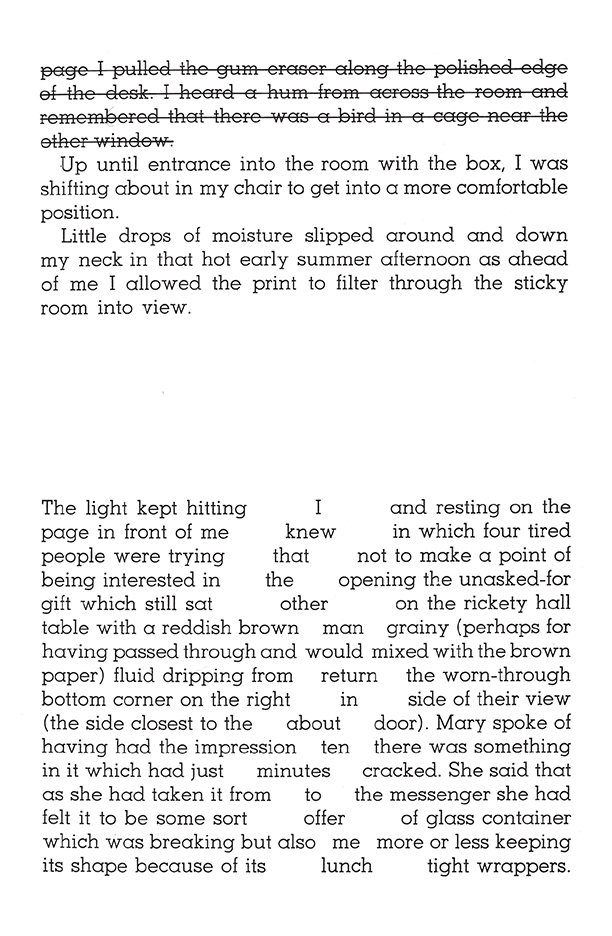
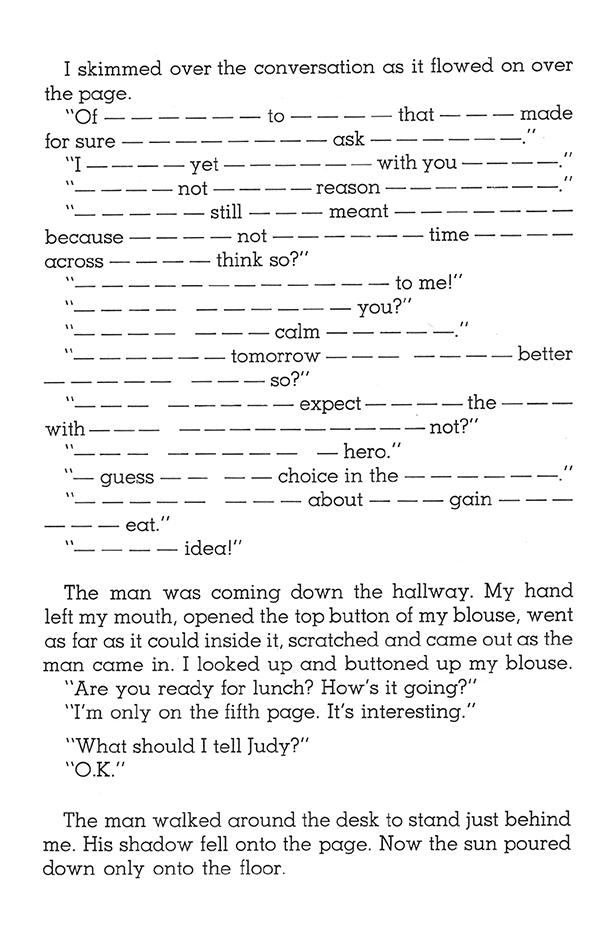
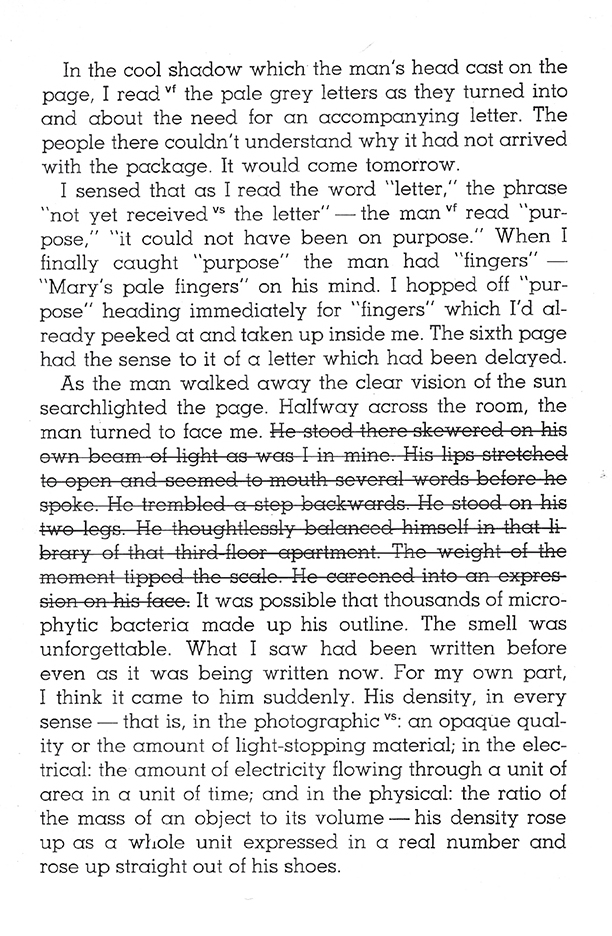
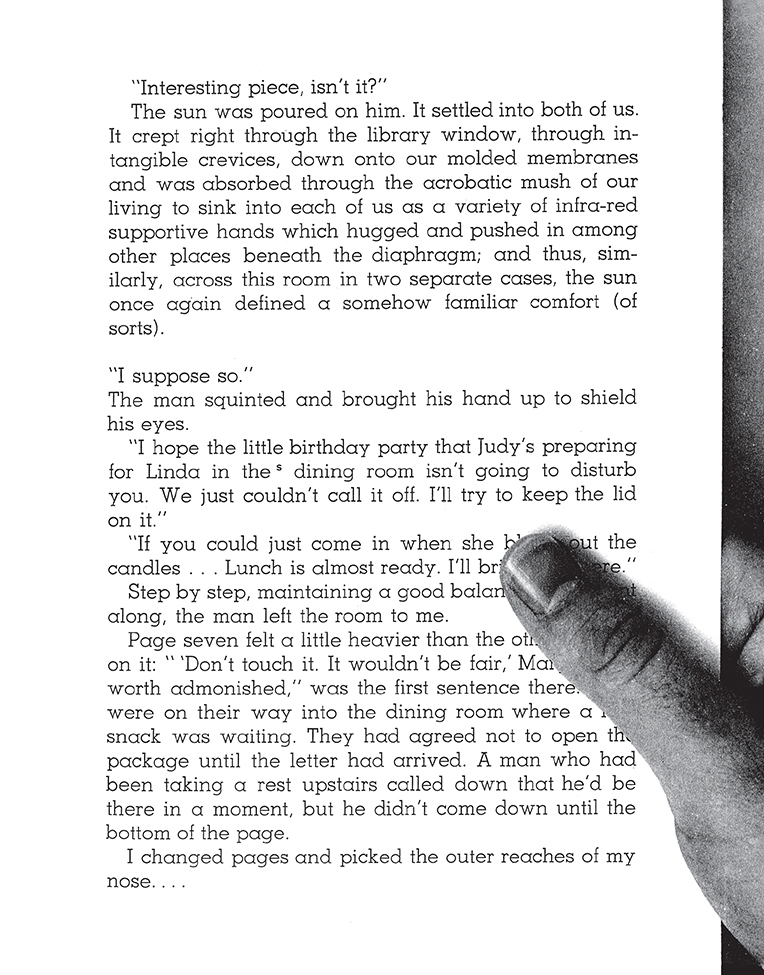
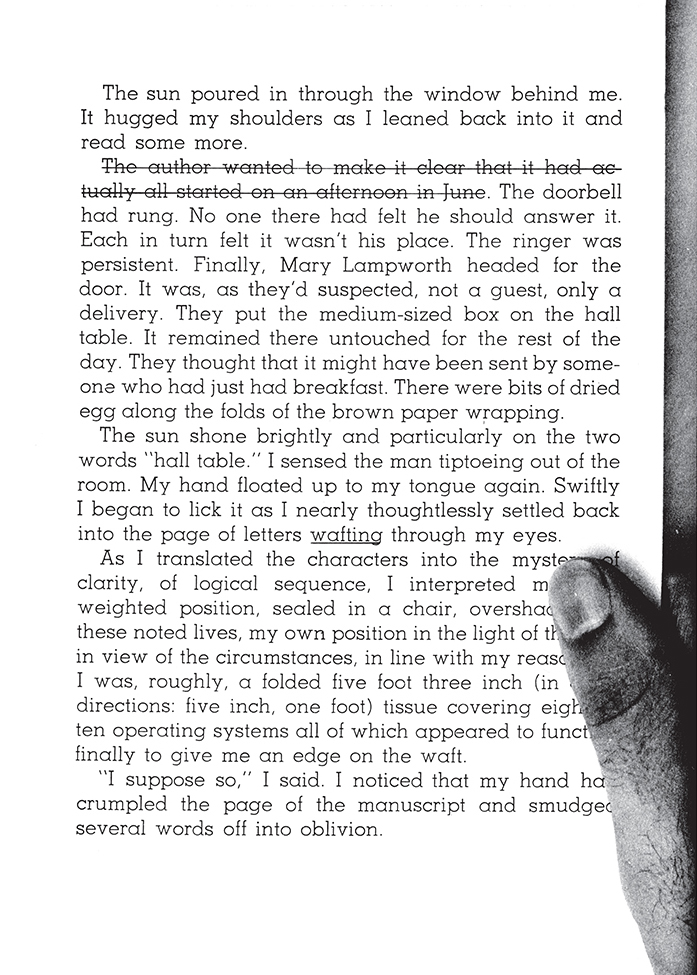
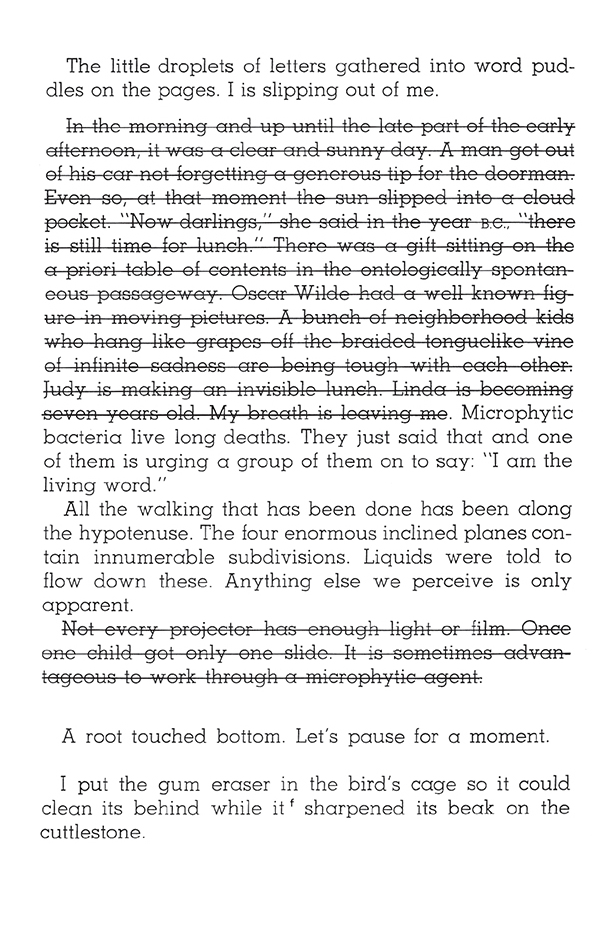
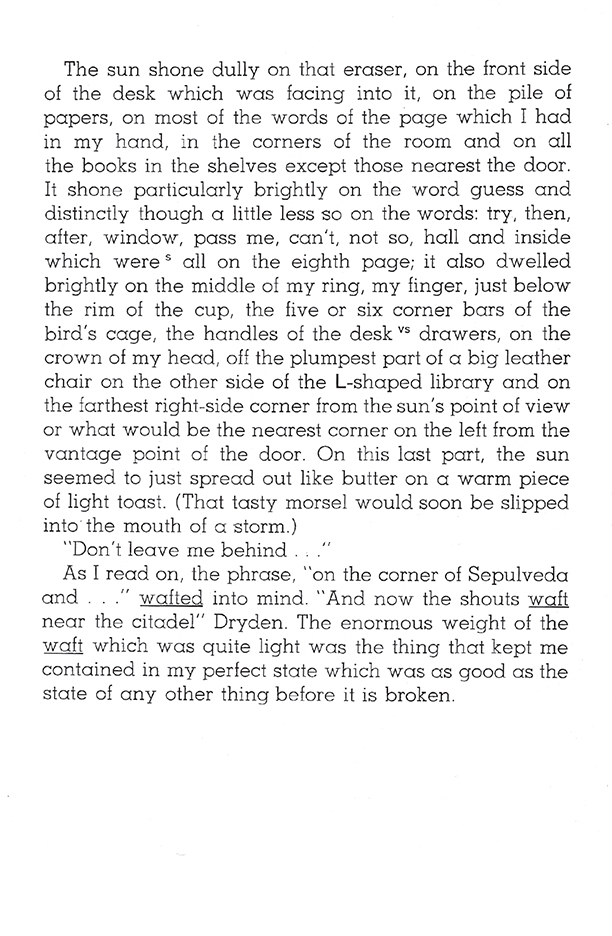
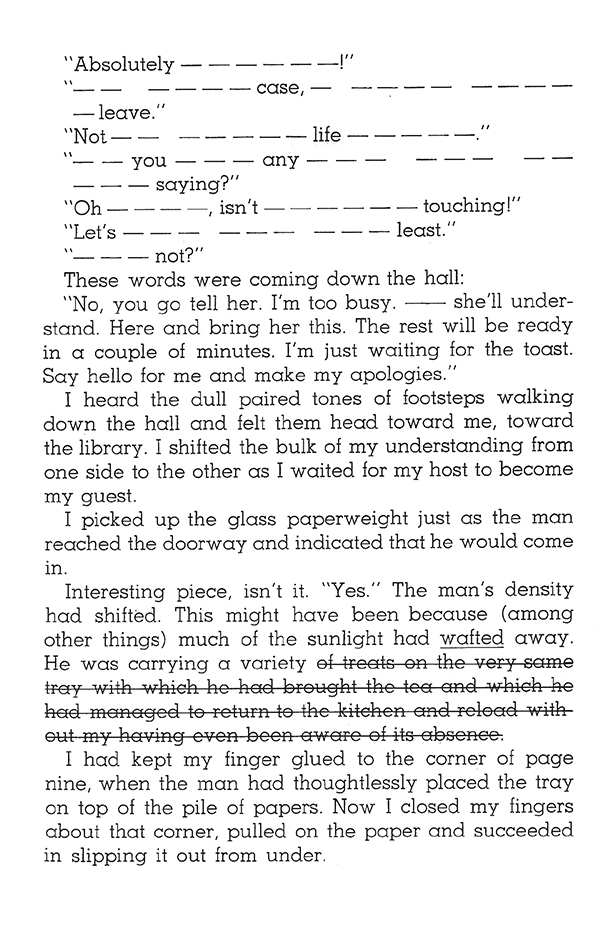
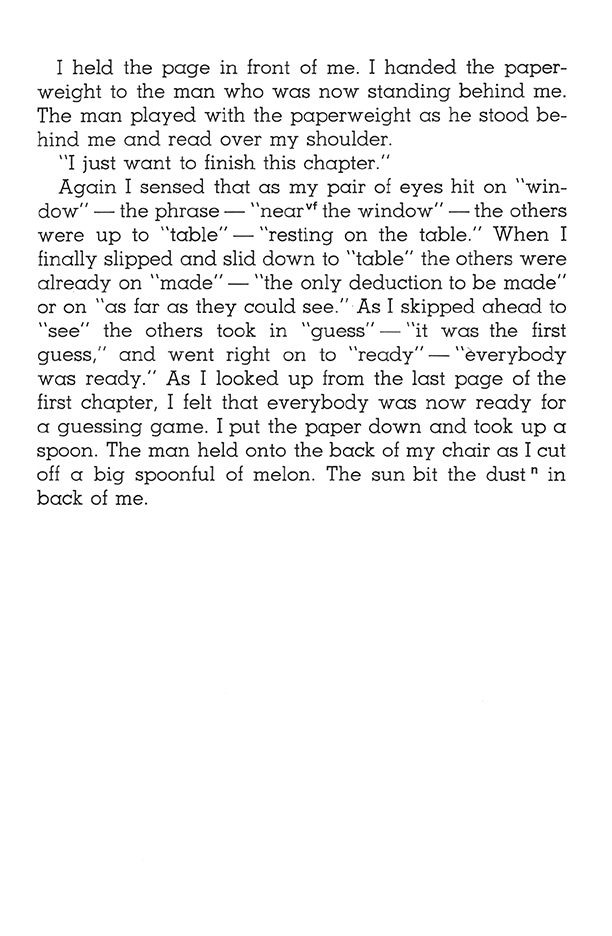
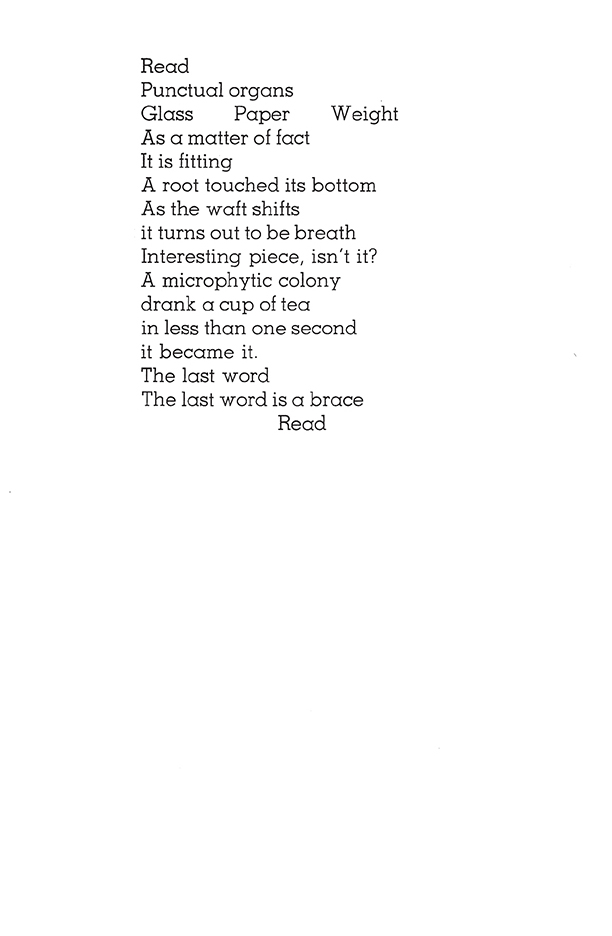
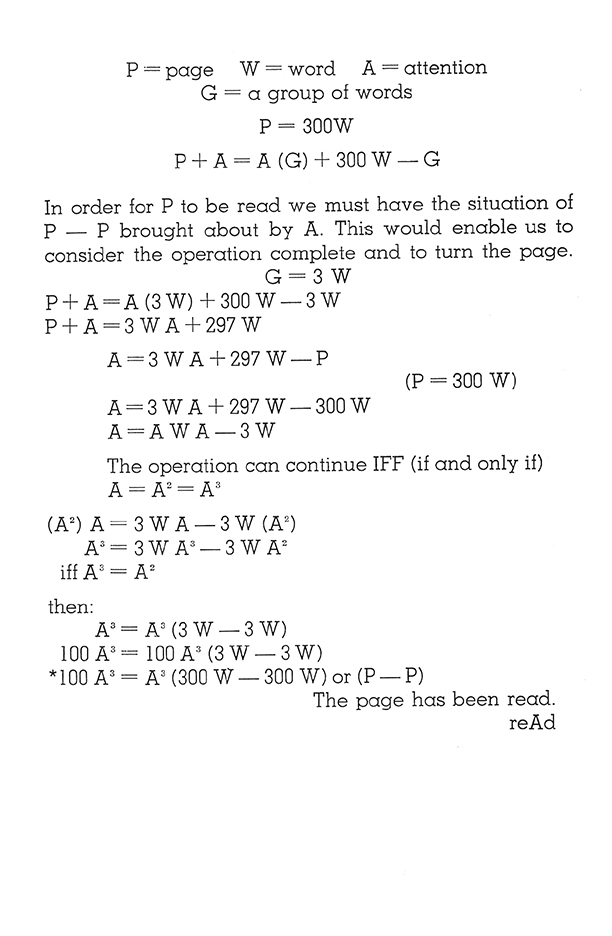
Observed
View all
Observed
By Lucy Ives
Related Posts
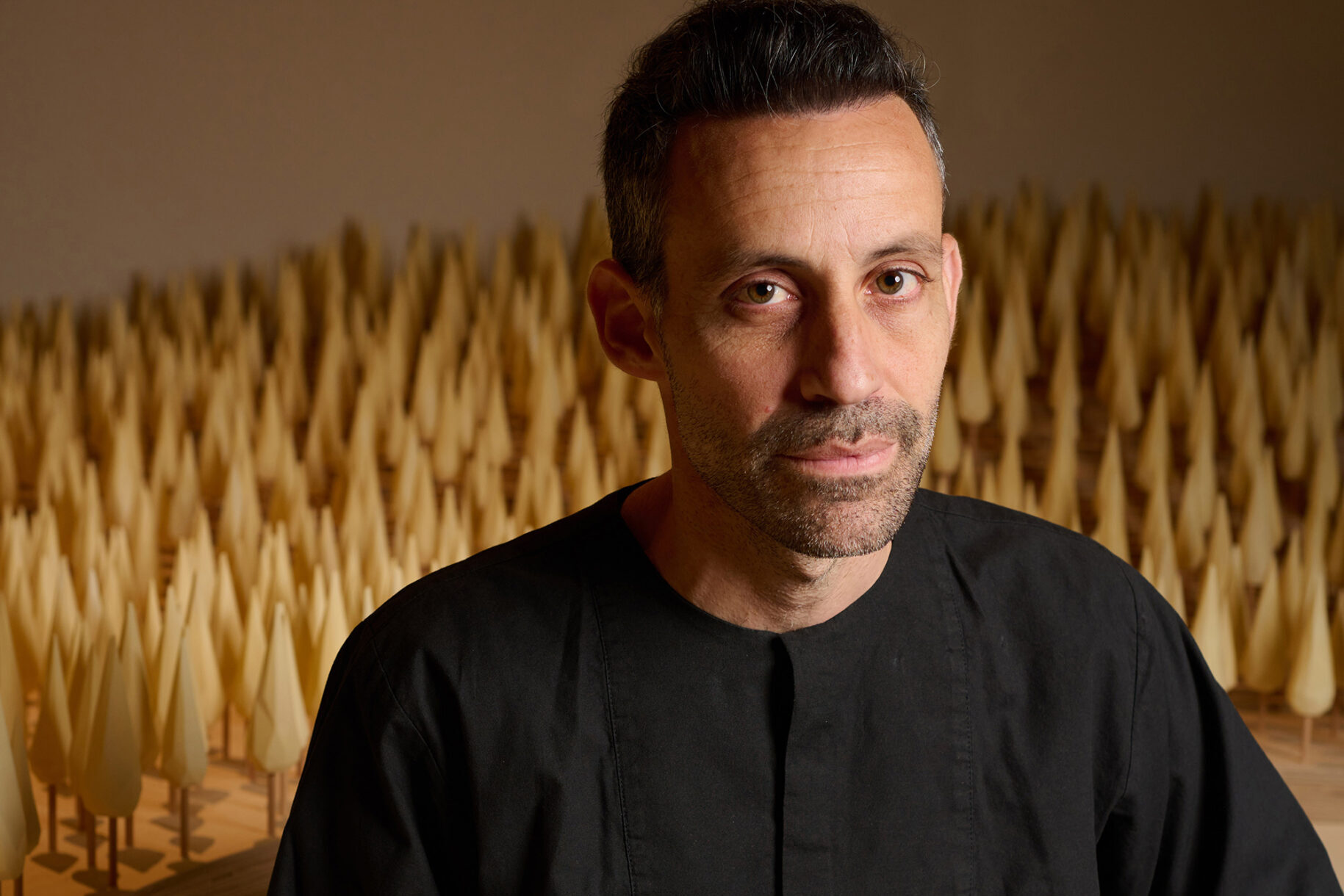
Sustainability
Delaney Rebernik|Books
Head in the boughs: ‘Designed Forests’ author Dan Handel on the interspecies influences that shape our thickety relationship with nature

Design Juice
L’Oreal Thompson Payton|Books
Less is liberation: Christine Platt talks Afrominimalism and designing a spacious life
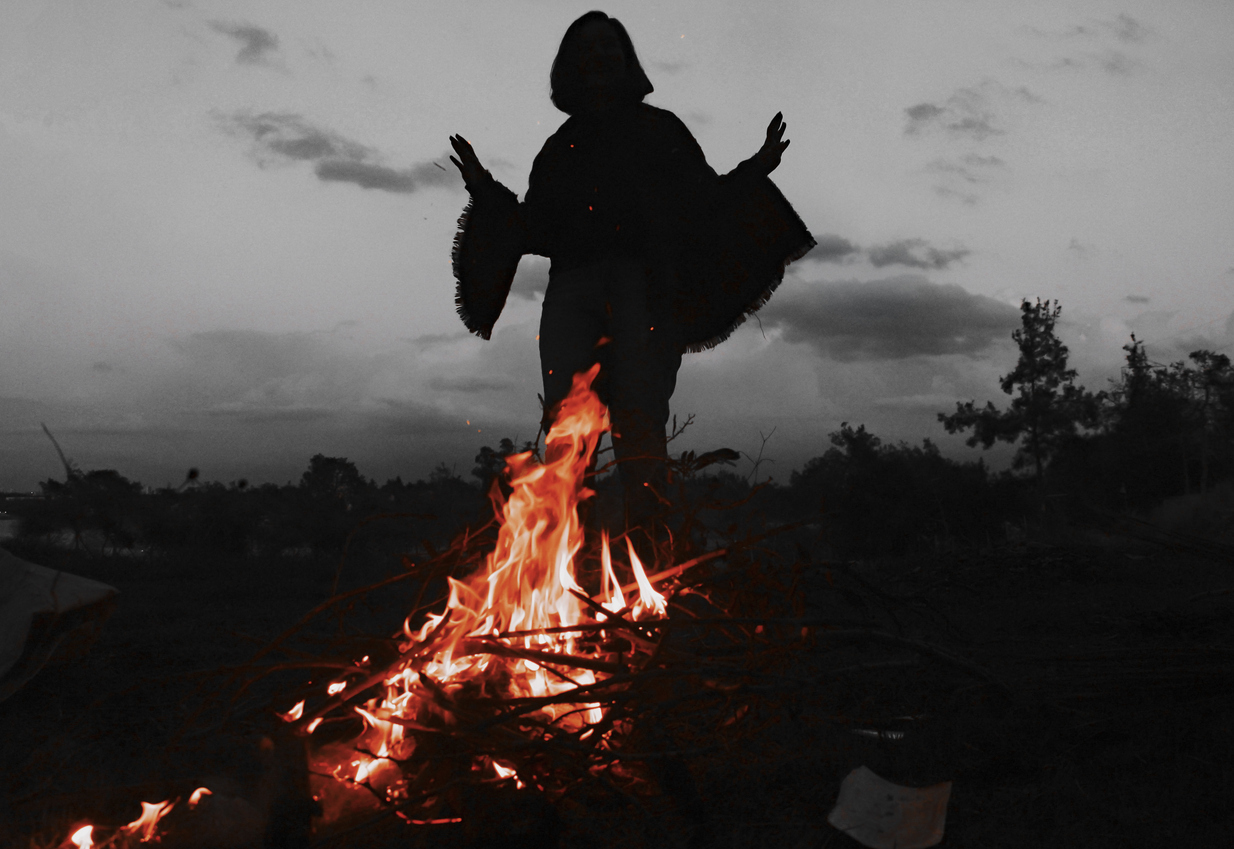
The Observatory
Ellen McGirt|Books
Parable of the Redesigner
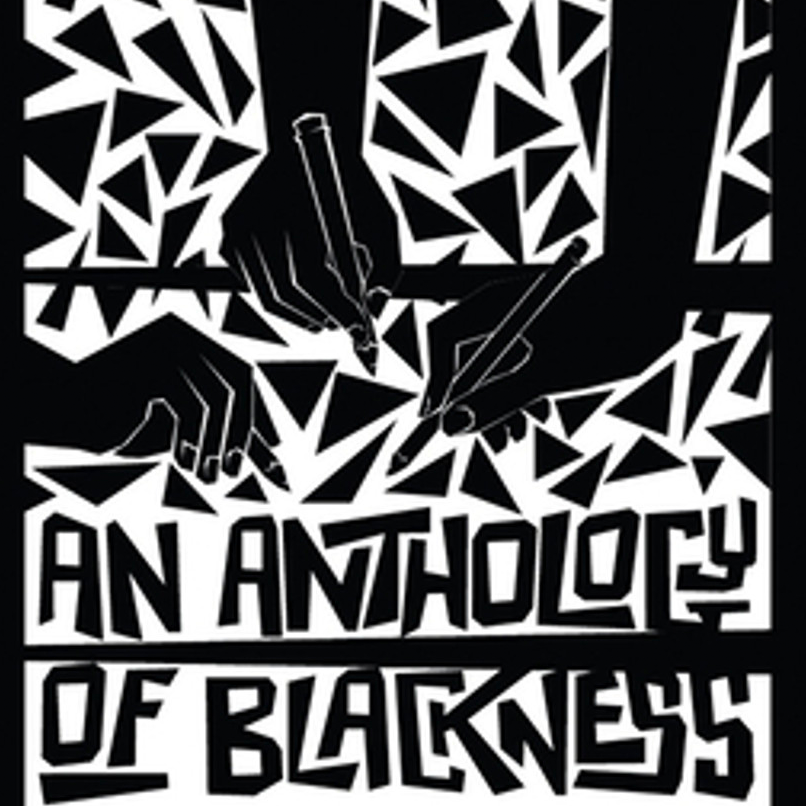
Books
Jennifer White-Johnson|Books
Amplifying Accessibility and Abolishing Ableism: Designing to Embolden Black Disability Visual Culture
Recent Posts
Courtney L. McCluney, PhD|Essays
Rest as reparations: reimagining how we invest in Black women entrepreneurs Food branding without borders: chai, culture, and the politics of packaging Why scaling back on equity is more than risky — it’s economically irresponsible Beauty queenpin: ‘Deli Boys’ makeup head Nesrin Ismail on cosmetics as masks and mirrorsRelated Posts

Sustainability
Delaney Rebernik|Books
Head in the boughs: ‘Designed Forests’ author Dan Handel on the interspecies influences that shape our thickety relationship with nature

Design Juice
L’Oreal Thompson Payton|Books
Less is liberation: Christine Platt talks Afrominimalism and designing a spacious life

The Observatory
Ellen McGirt|Books
Parable of the Redesigner

Books
Jennifer White-Johnson|Books
